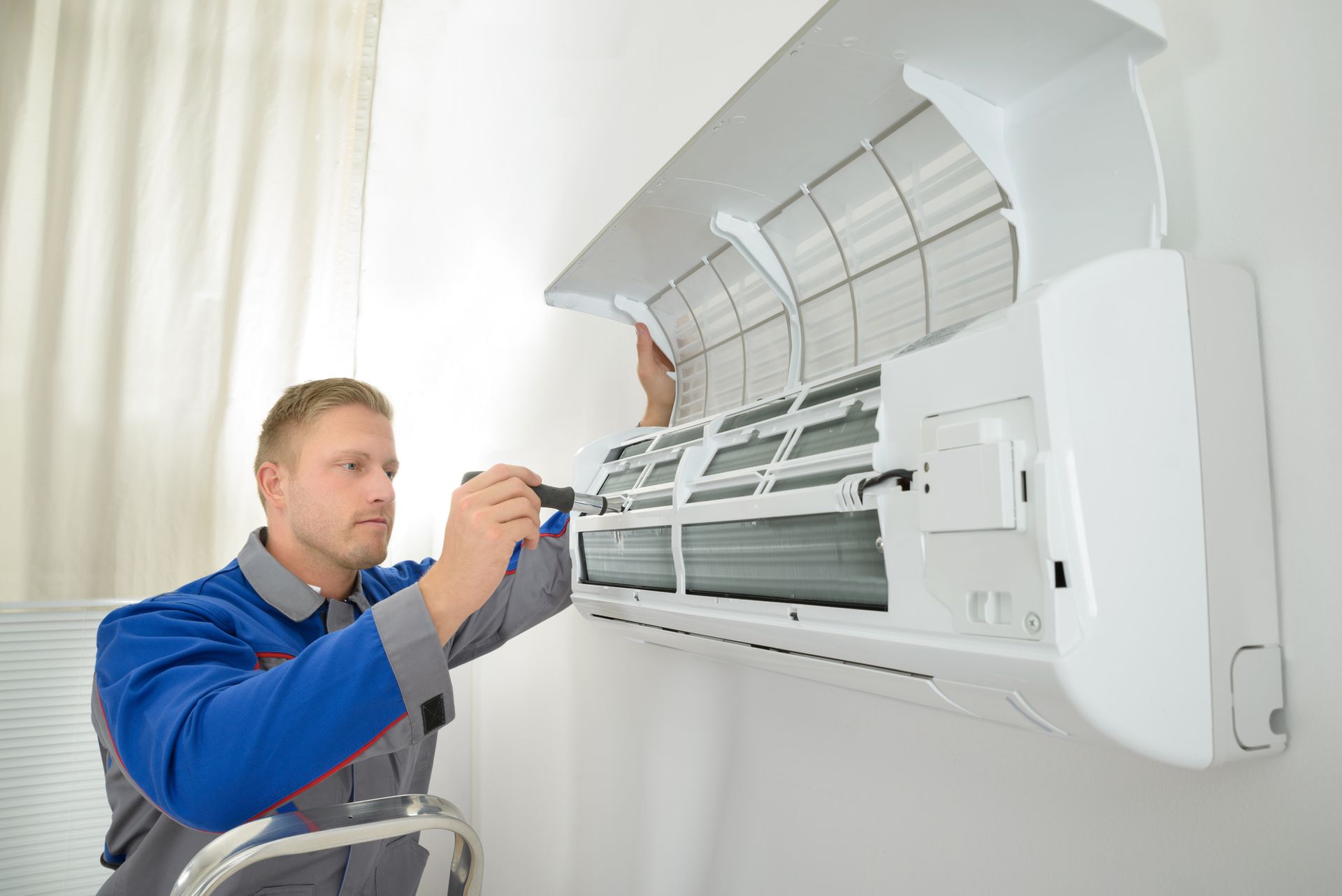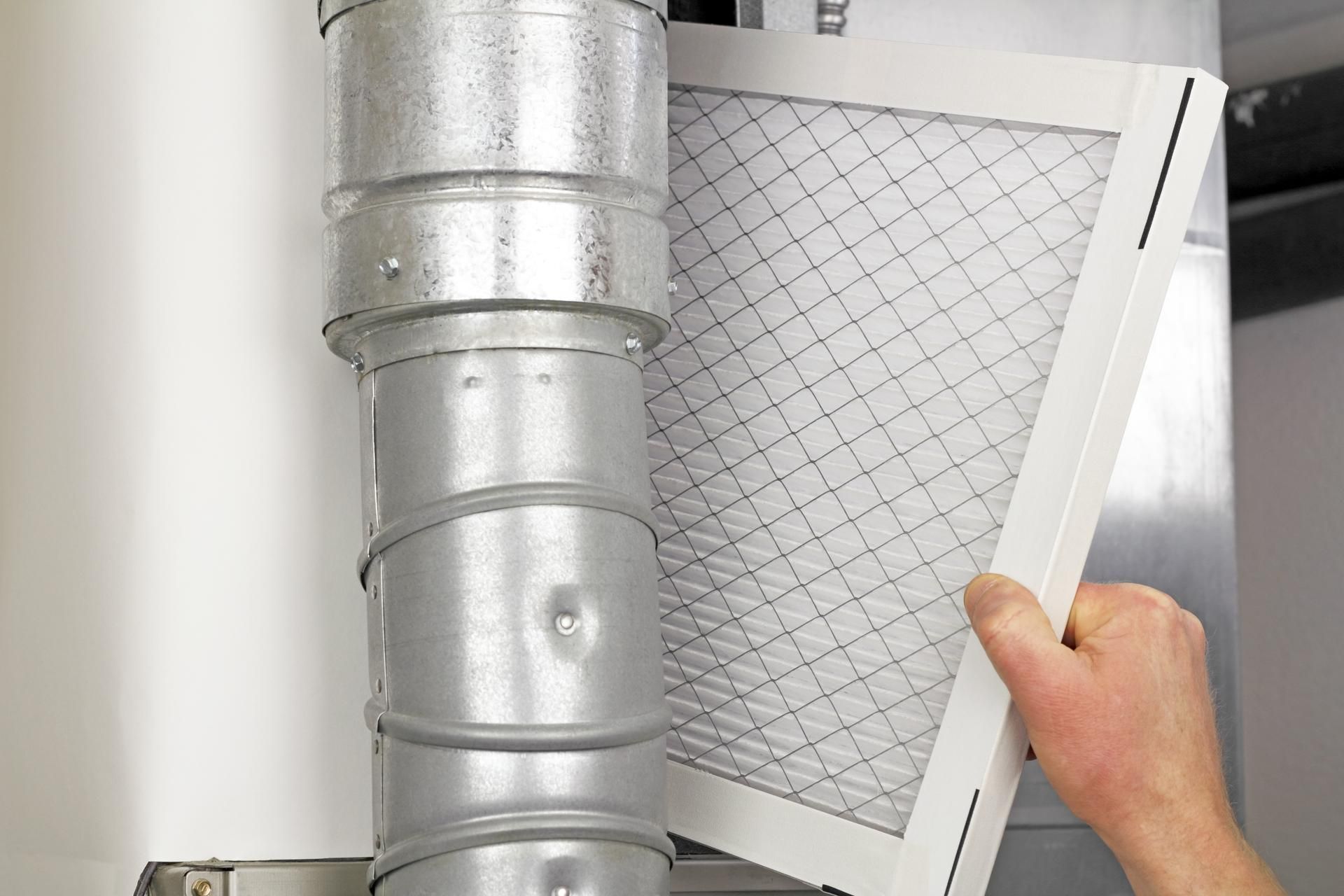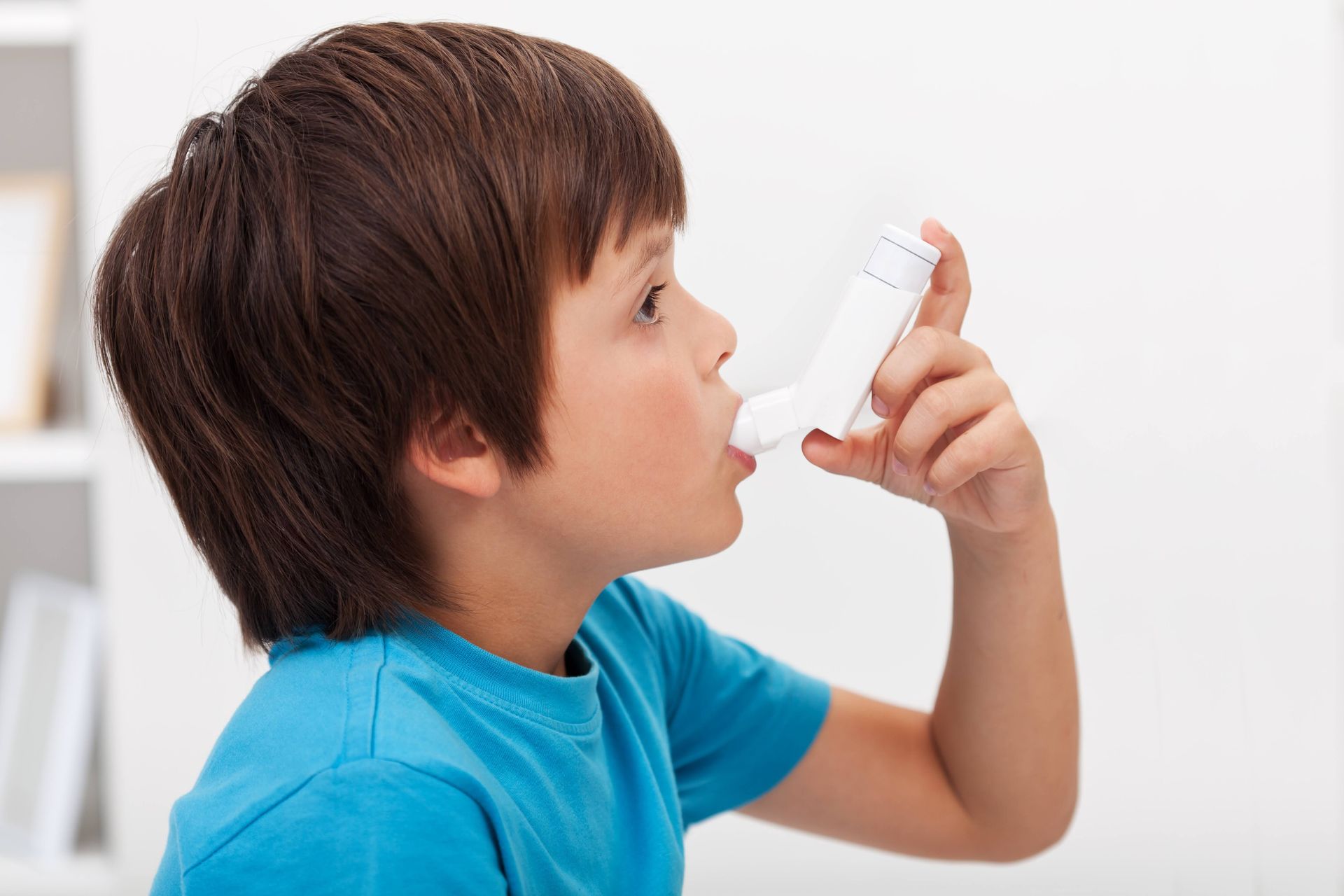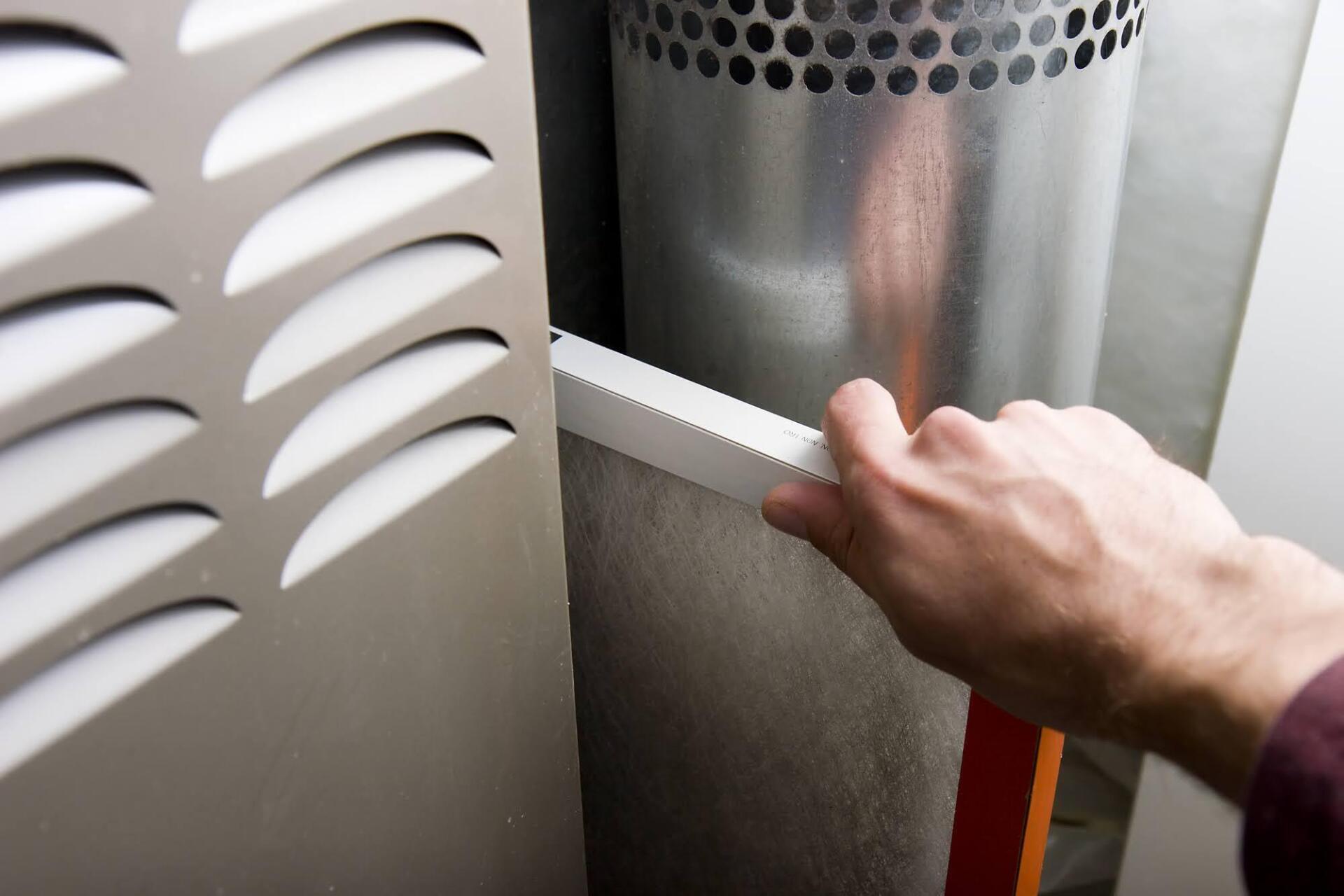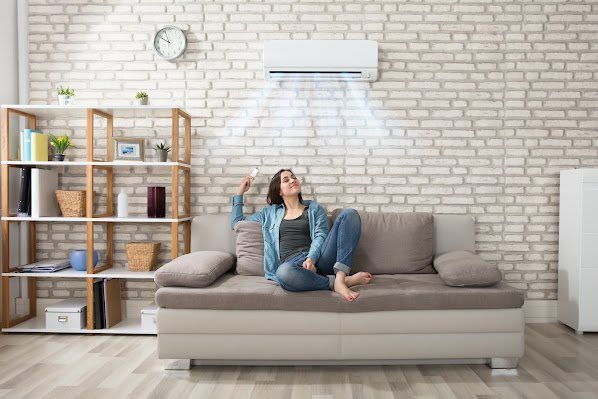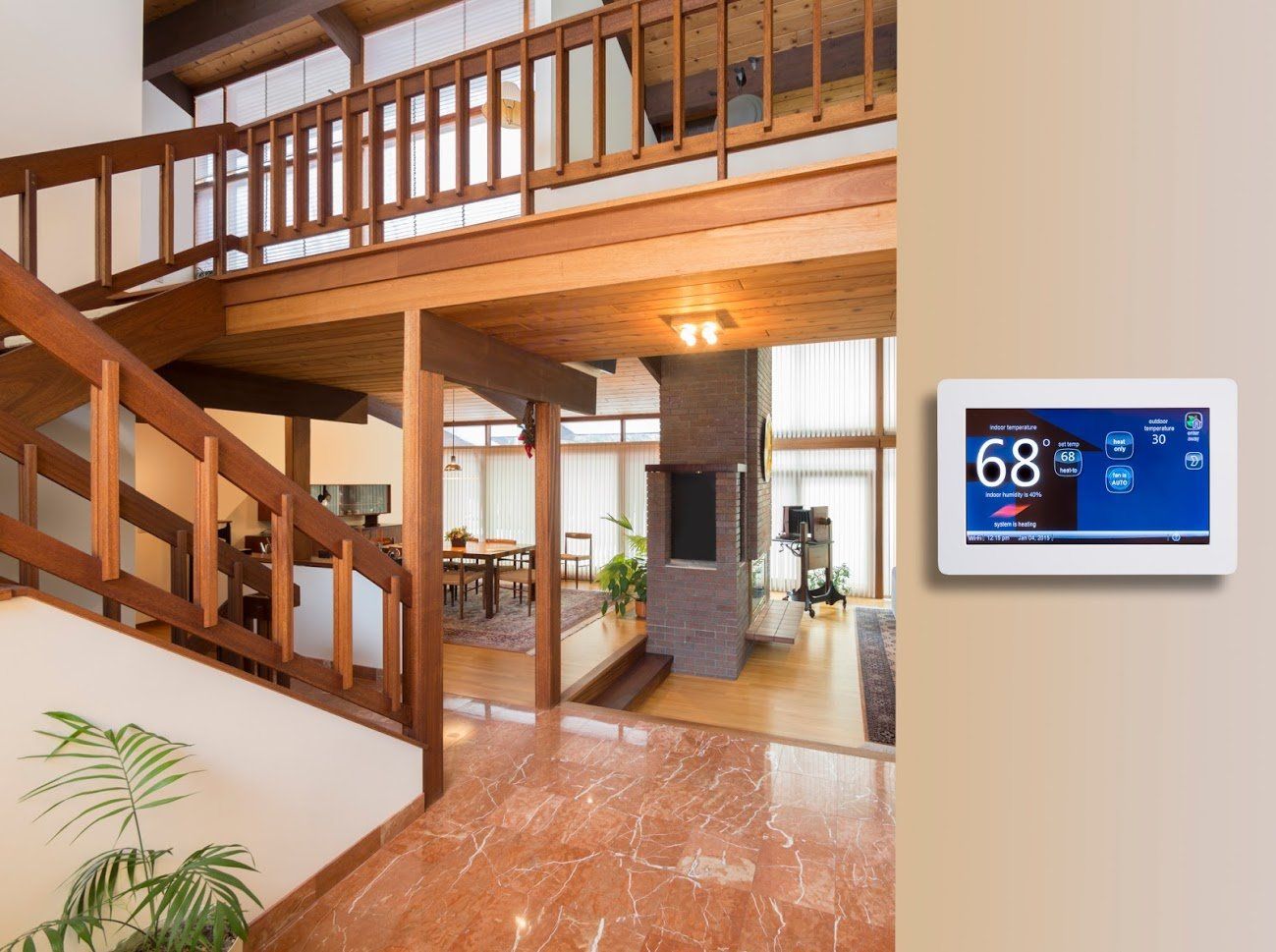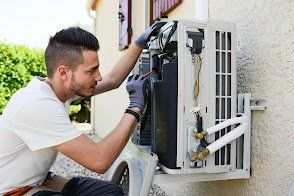Are Heat Pumps Right for Your Home?
| November 3, 2020

If you want a climate control system that can both heat your home in winter and cool your home during summer, a heat pump is an excellent choice. Heat pumps are used in homes around the country for many reasons; many homeowners use them to heat their outdoor pools. However, heat pumps can be particularly effective when used as home climate control systems.
These unique devices are not air conditioners in the conventional sense, but they have a number of advantages over other combined heating/cooling systems. However, heat pumps also have some shortcomings and may not be the best climate control solution for every home.
How Do Heat Pumps Work?
While they can be used in very similar ways, heat pumps function in a significantly different way to standard air conditioning systems. They actually function in a similar way to a household refrigerator.
A refrigerator cools its interior by pressuring specialized coolant liquids, which absorb ambient heat from inside the refrigerator. These coolant liquids are then channeled through the cooling pipes located behind the refrigerator, where they expel the waste heat into the surrounding atmosphere.
During the hot summer months, a heat pump functions in the same way, but on a larger scale. The pump uses similar refrigerant liquids to absorb the ambient heat inside your home, before pumping these liquids to the exterior of your home where the heat dissipates.
However, heat pumps are also capable of reversing this process — essentially, extracting heat from the air outside your home and venting it inside. These highly efficient systems are capable of absorbing heat even when the temperature outside is below freezing point.
This function makes heat pumps useful in both summer and winter and provides both heating and cooling power in a single piece of equipment.
Why Should You Choose A Heat Pump?
The primary advantage of choosing a heat pump is energy efficiency. Residential heat pumps are both environmentally friendly and very inexpensive to run. They are particularly energy-efficient when used in heating mode and use significantly less overall energy than electric or fuel-burning furnaces.
Heat pumps rely less on air-blowing fans to move hot or cold air from place to place than conventional furnaces or air conditioners. Consequently, they are generally much quieter than these heating and cooling systems while operating.
Choosing a heat pump can also help you save money on other climate control devices. Most air conditioning systems humidify the air in your home as they cool it, while furnaces (especially gas-fuelled models) can significantly reduce ambient humidity levels. Heat pumps have a much less pronounced effect on ambient humidity inside your home and can help you reduce your reliance on humidifiers and dehumidifiers.
Why Shouldn't You Choose A Heat Pump?
Unfortunately, heat pumps have one major disadvantage compared to more conventional heating and cooling systems — they aren't as powerful during very cold weather. Extracting a useful amount of heat from frigid air takes a significant amount of time and energy and can slow down how quickly your heat pump can function. If severe winter weather hits, you may need to invest in a supplemental heating system for these extreme cold snaps.
You should also be aware that heat pumps can have higher upfront costs and are often more complicated, time-consuming, and expensive to install. While dramatically lower running costs will let you get this money back over time, most residential heat pumps still represent a significant investment.
If you are considering installing a heat pump in your home, hopefully this blog will help you make an informed decision. If you have any more questions about heat pumps and their capabilities, contact the heating and cooling experts at Central York.


